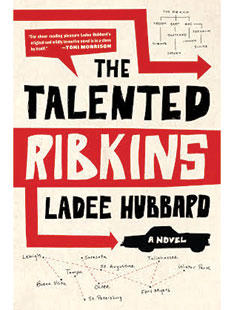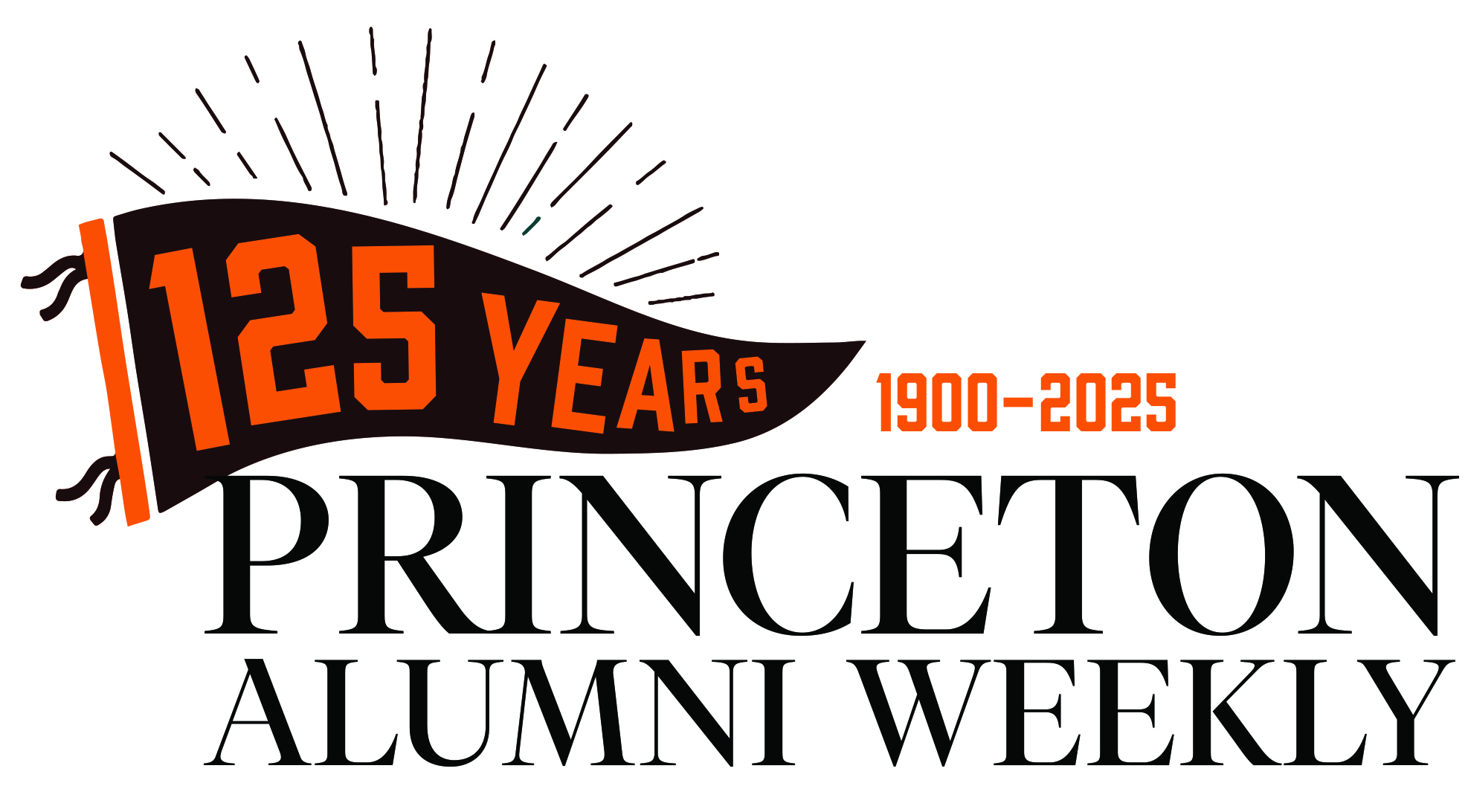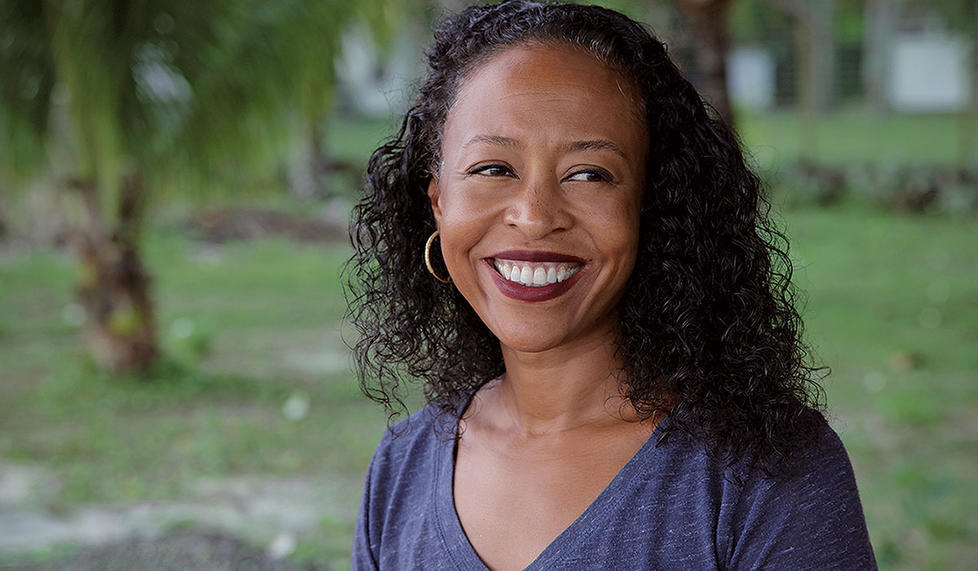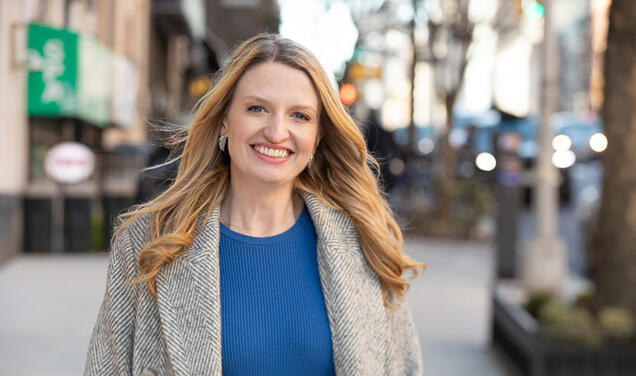
At the age of 42, Ladee Hubbard ’93 packed up her three kids — the youngest 4 months old — and moved from New Orleans to Madison, Wis., to pursue her dream of writing a novel. It was “an enormous leap of faith,” Hubbard says.
She arrived with the first chapter of The Talented Ribkins (Melville House), a chronicle of a thief’s road trip to dig up cash he has stashed in backyards and under floorboards throughout Florida, his 13-year-old niece in tow. The story was inspired by Hubbard’s memories of riding in the backseat of her grandfather’s car during summer vacations. The Ribkins family harbors an unusual secret: Each member is born with a superpower.
With her husband staying behind to continue teaching at Tulane University, Hubbard enrolled in the master’s degree program in creative writing at the University of Wisconsin-Madison, which admits six students a year. She felt self-conscious among her fellow students, who were mostly in their 20s and 30s, but was determined to finish the book, which she had begun crafting during 5 a.m. writing sessions in her backyard in New Orleans. Before she completed the first semester of the two-year program, she had landed an agent.
Having the opportunity to study with professor emerita Toni Morrison was one of the reasons that Hubbard — who won a Rona Jaffe Foundation Writers’ Award in 2016 — chose Princeton. “I was awestruck by her work, and she was very supportive of my exuberance,” says Hubbard, who had Morrison as her thesis adviser. Doing an independent study with professor emeritus Cornel West *80 on African American poetry, Hubbard was introduced to authors Amiri Baraka and Jean Toomer, who have been important influences. West “helped me learn how to analyze a poem line by line and not be intimidated,” she says.
After Princeton, Hubbard earned a Ph.D. in folklore and mythology from UCLA and began teaching Africana studies at Tulane. She and her family evacuated during Hurricane Katrina in 2005 and spent six months in upstate New York before they could return; the experience prompted her to return to writing fiction. (She has published several short stories over the last decade.) While shaping the novel — her first — she thought back to W.E.B. Du Bois’ 1903 essay “The Talented Tenth,” which she had first read in a class at Princeton and later taught to her students at Tulane. His idea of a black leadership class inspired Hubbard to literalize Du Bois’ essay by endowing her characters with superpowers: One can scale any wall, one belches fire, and another can make precise maps of anywhere, sight unseen. They use their powers for good (advancing civil rights) and ill (burglaries).
The characters’ superpowers serve to unearth a layer of truth that is often hidden: “There’s an official history of how things were, of how people interact, what their histories are in relation to each other, and the truth is — for a variety of reasons — not included in that,” she told The Guardian. The characters are “outside the parameters of the normal, of the natural, because that’s the only way you can actually see them. They don’t fit into the official narrative of history.”
The story of the Ribkins family, says Hubbard, is about “appreciating your uniqueness. Sometimes people don’t know what to do with their talents. For me, there is a certain heroism in not giving up.”












0 Responses